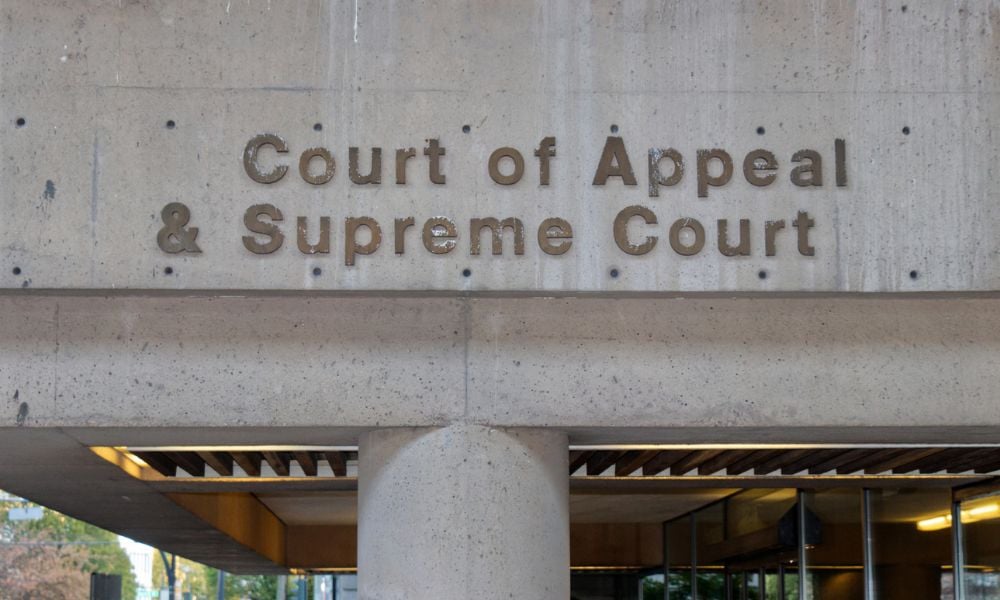Undercover operations, fake crime organizations, and the accused’s behaviour used against him

The British Columbia Court of Appeal upheld the admission of the pre-hypnosis statements of hypnotized witnesses as exceptions to the hearsay rule and of confirmatory evidence of the accused’s conduct during confessions drawn by undercover operations.
In R. v. Handlen, 2022 BCCA 304, Garry Handlen was indicted for the murder of a child who disappeared in 1978 and her remains found in 1995. The evidence at trial included Handlen’s confession to the murder during a “Mr. Big” police operation and the statements of four witnesses.
“Mr. Big” was an undercover operation conducted by the Canadian police forces designed to gain the trust of suspects to elicit a confession to their respective crimes. Mr. Big was the so-called “crime boss” of the fictitious criminal organization to which the subjects were invited.
The trial judge convicted Handlen of first-degree murder. He ruled that while the witnesses were later hypnotized, making their post-hypnosis evidence inadmissible as hearsay, their pre-hypnosis statements may still be subject to the principled exception to hearsay. He also admitted Handlen’s evidence at trial contradicted his words and actions during the Mr. Big operation.
Handlen challenged the admission of both the hearsay statements and the Mr. Big confession on appeal. He claimed that the trial judge erred in assessing that the statements satisfied the exceptions' threshold reliability and necessity component. As to the confession, he argued that the judge erred in inferring the confession’s reliability from the rejection of Handlen’s testimony.
The appellate court disagreed.
“[A] witness who has undergone hypnosis cannot testify … [on] the subject of hypnosis because their memory of events may have become tainted,” said the court. However, the court found that the pre-hypnosis statements were not rendered unreliable because of the hypnosis and may be subjected to the analysis of the principled exception to the hearsay rule, said the court.
Under this exception, the dual criteria of necessity and threshold reliability must be satisfied, said the court. The trial judge found that both criteria were met, and the appellate court deferred to the trial judge’s conclusions.
As for the Mr. Big confession, the trial judge applied the test in R. v. Hart, 2014 SCC 52, which was designed to exclude confessions fabricated due to inducements offered by Mr. Big.
The appellate court found that the judge erred in his consideration of confirmatory or corroborative evidence, which included evidence of Handlen’s demeanour during the undercover operations. But any error weighed in Handlen’s favour since the judge applied a more stringent test than was required by Hart, said the court.
Further, the court said that the judge’s treatment of confirmatory evidence was not wrong, as there is no hard and fast requirement for confirmatory evidence. The confirmatory evidence considered included Hardlen’s detailed confession, willingness to contest the undercover agent’s false narrative, and conduct in the operation, said the court.
The judge’s decision on the admissibility of the Mr. Big statement is also owed deference, said the court.
As such, the appellate court dismissed the appeal.










